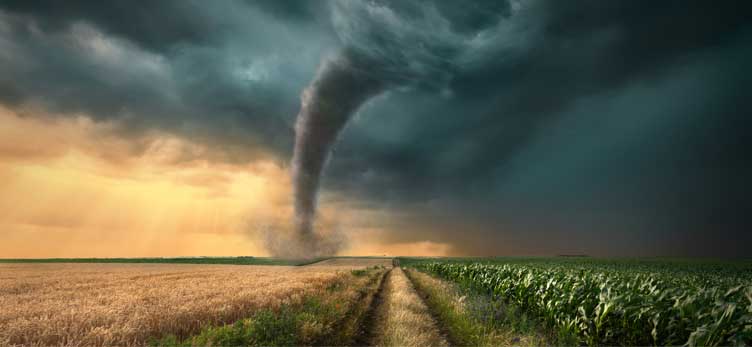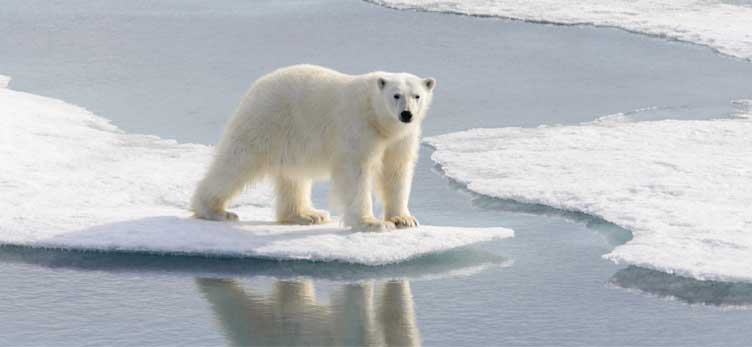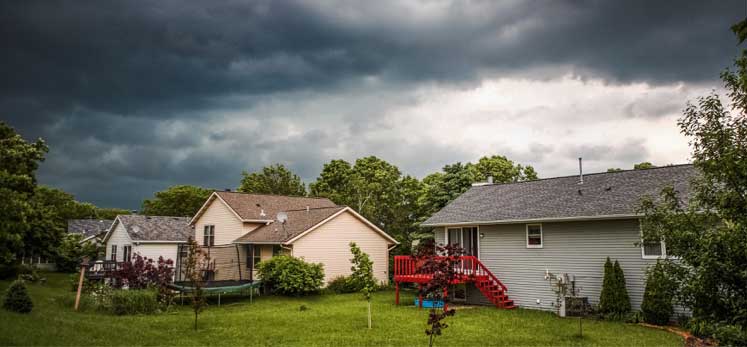- Home
- News
-
Weather Articles
-
Horoscope
- Sweepstakes
- Deal of The Day
Poorer countries will be worst hit by global warming

New research shows equatorial countries will suffer far more than temperate regions.
The effects of global warming don’t occur evenly across the world. Recently convened planet change discussions report stated that global temperatures need to rise by a massive 3°C before economically rich countries begin even to feel it. This pales in comparison to detrimental effects that poorer nations in the tropics will feel with even a moderate rise in the planet’s temperature.
With limited financial aid and resources at their disposal, it has long been expected that poor people will bear the brunt of climate change. Preparing for huge temperature and rainfall changes are far more difficult, as many of the world’s poorest live in tropical latitudes which are far more vulnerable to climate change than wealthier people who live in more temperate regions.
The 2015 Paris climate agreement saw 195 countries signing up to help try and maintain the rise in global average temperature to 1.5–2°C above pre-industrial levels. Since the 1900s the world has already warmed by one full degree, and with it, we’ve seen the far more record-breaking wet and dry months in the past few decades than ever before.
A more recent study shows that countries like the United Kingdom will be among the least affected when compared to those along the equator like the Democratic Republic of Congo.
But, warming will be far less noticeable in places outside the tropical band. The tropics tend to have far more varying climates already and are therefore more adaptable to some changes. But in Equatorial regions, the temperatures are already scorching, and even a small fluctuation can cause widespread disaster.
Researchers have had difficulty quantifying global climate change inequalities. This is mainly because it depends on many subsidiary factors such as projections for future economic growth and technological progress across the world, which are extremely hard to predict.
For climate change to slow down and have any visible effect, the solution must include a more holistic set of metrics. Ideally these should include specific climate-change impacts, such as those on human health and food security. This is the only way it can be practically applied to global adaptation efforts.
Economically stable and growing nations carry far more blame when it comes to greenhouse gas emissions, burning of fossil fuels and other causes of global warming. This is also why they will have to invest the lion’s share of time, effort, expertise and money in research, strategy and government-backed laws and policies to mitigate the effects of this global threat. Global climate change inequality is 25% higher today than it would have been in a world with a more stable ecosphere. A stable world economy is unequivocally the key to a better future for the whole human race and the faster we understand that in helping each other, we help ourselves, the better our chances of survival intact.










